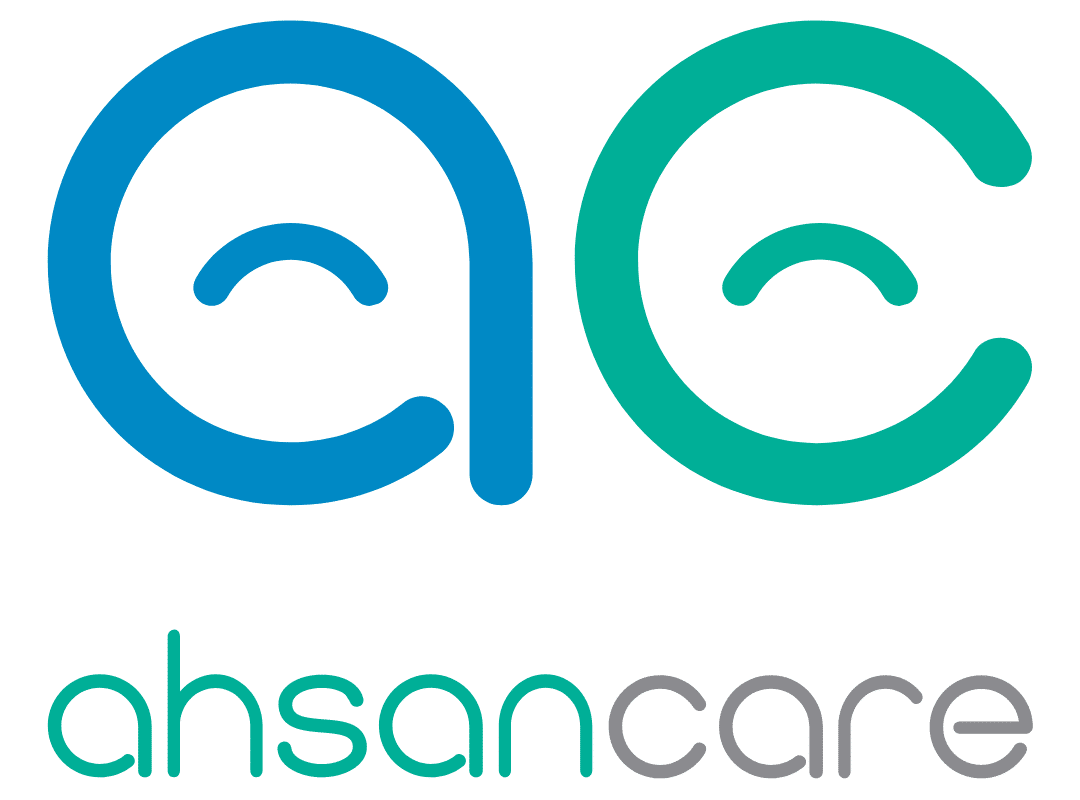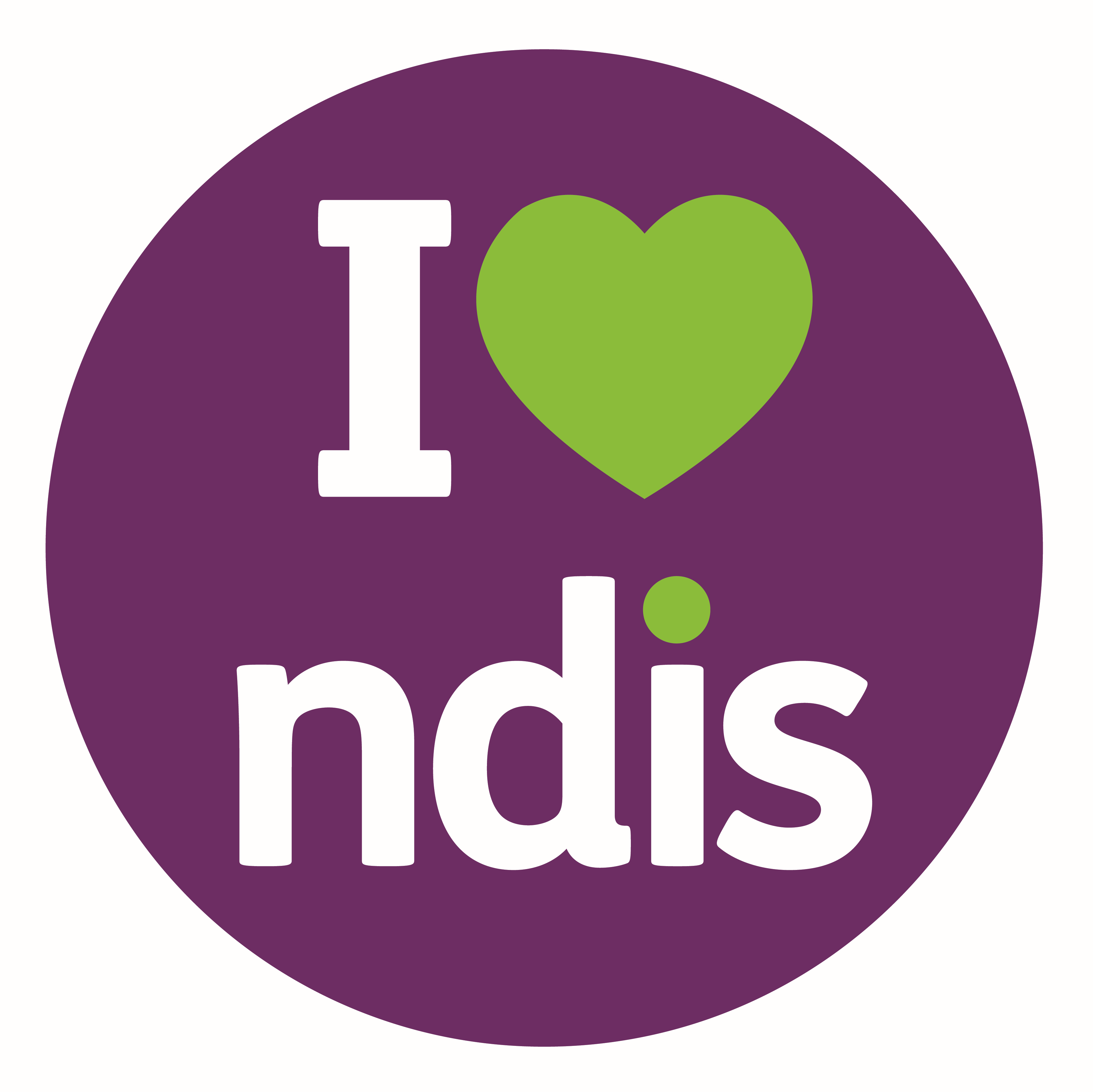Which Expenses Does NDIS Transport Assistance Cover?

Navigating the National Disability Insurance Scheme (NDIS) can be overwhelming, especially when understanding the covered expenses. One common question is about transport assistance. This guide will break down what NDIS transport assistance covers, helping you make the most of your plan.
What is NDIS transport assistance?
NDIS transport assistance provides financial support to help disabled people access the community and participate in daily life. It can cover many transport-related costs, including transport solutions for people with disabilities, but it’s essential to understand what’s included and what’s not.
Why is understanding NDIS transport assistance coverage necessary?
Grasping the details of your NDIS transport assistance is essential for several reasons.
- Practical planning: Understanding your transport options empowers you to create a travel plan that aligns with your lifestyle and goals. Whether attending medical appointments, visiting friends, or pursuing hobbies, knowing what’s covered helps you build a schedule supporting your independence.
- Budgeting wisely: NDIS funding is often limited, so understanding your transport coverage is crucial for effective budgeting. Knowing what expenses are covered allows you to allocate your funds strategically to maximise your overall support.
- Maximising independence: NDIS transport assistance is designed to enhance your ability to participate fully in the community. By understanding your coverage, you can make informed choices about using this support to increase your independence and quality of life.
Ultimately, clearly understanding your NDIS transport assistance empowers you to make the most of your plan and achieve your goals.
What types of transport does NDIS cover?
The type of transport covered by your NDIS plan depends on your needs and goals. Generally, NDIS can cover:
- Taxi and rideshare services: If your disability prevents you from using public transport, you might be eligible for taxi or rideshare funding.
- Public transport: While the NDIS doesn’t directly fund public transport fares, it might cover travel training or support workers who can assist you in using public transport safely and independently.
- Specialised transport: This includes vehicles adapted for people with disabilities and services like school buses for students with special needs.
Does NDIS cover travel costs for appointments and therapies?
Yes, NDIS can cover travel costs for appointments and therapies. This includes:
- Medical appointments: Doctor, specialist, and allied health appointments.
- Therapy sessions: Physiotherapy, occupational therapy, speech therapy, and other therapies.
- Support group meetings: Attending support groups can be vital, and travel costs might be covered.
Remember, the specific coverage depends on your plan and goals.
Can you use NDIS transport assistance for social and recreational activities?
Absolutely! NDIS aims to support a fulfilling life. Transport assistance can be used for:
- Social outings: Visiting friends, attending community events, or watching movies.
- Recreational activities: Participating in hobbies, sports, or leisure pursuits.
- Volunteering: Getting involved in your community.
What about equipment and vehicle modifications?
Beyond covering the cost of transportation itself, the NDIS can also provide financial support for equipment and vehicle modifications that enhance your mobility and independence.
- Wheelchairs: This includes purchasing a new wheelchair, repairing an existing one, or replacing worn-out parts. The NDIS can help cover these costs to ensure you have reliable and safe wheelchair user transportation.
- Vehicle modifications: If driving is part of your independence, the NDIS can assist with modifying your car to suit your specific needs. This could involve installing hand controls, ramps, or other adaptations that make getting in and out of your vehicle easier.
- Mobility aids: Besides wheelchairs, the NDIS may cover other mobility aids supporting daily life. This can range from walking frames and crutches to power scooters and electric wheelchairs. The specific equipment covered will depend on your individual needs and support plan.

Is public transport included in NDIS transport assistance?
As mentioned, NDIS doesn’t directly fund public transport fares. However, it can cover:
- Travel training: Learning how to use public transport safely and independently.
- Support workers: Accompanying you on public transport trips.
- Public transport passes: In some cases, NDIS might contribute to the cost of a public transport pass if it’s essential for your participation in the community.
How do you claim expenses for NDIS transport assistance?
The process of claiming back expenses for NDIS transport assistance can vary depending on your specific NDIS plan and the provider you’ve chosen. However, there are some general steps involved.
- Keep detailed records: Maintaining accurate records is crucial. This involves noting each transport-related expense’s date, cost, and purpose. Whether it’s a taxi fare, public transport ticket, or cost of vehicle modifications, having a clear record will streamline the claims process.
- Submit your claims: Follow the guidelines your plan manager or provider provides for submitting claims. This often involves completing specific forms and providing necessary documentation.
- Provide supporting evidence: To support your claims, gather relevant receipts, invoices, or other documentation. These documents verify your expenses and make the claims process smoother.
- Understanding your plan: Familiarising yourself with the details of your NDIS plan is essential. This includes understanding your transport budget, eligibility criteria, and any specific requirements for claiming expenses.
- Communicate with your support coordinator: Your support coordinator is a valuable resource. Discuss your transport needs and any questions about claiming expenses with them. They can provide guidance and support throughout the process.
Following these steps and maintaining open communication with your support team can increase your chances of a successful claim and maximise the benefits of your NDIS transport assistance.
Remember: Claiming processes can change, so it’s always a good idea to check with your plan manager or provider for the most up-to-date information.
Conclusion
Understanding NDIS transport assistance is essential for maximising your independence and participation in the community. Understanding your coverage helps you plan and budget your NDIS funds effectively. Every NDIS plan is unique, so discussing your specific needs with your support coordinator is essential.
Ahsan Care Provider: Your partner in NDIS transport
At Ahsan Care Provider, we understand the challenges faced by people with disabilities regarding transport. That’s why we offer NDIS transport support tailored to your needs. Our experienced team can assist with everything from travel planning to providing reliable and safe transport options. Contact Ahsan Care Provider today to learn more about how we can support your journey.

